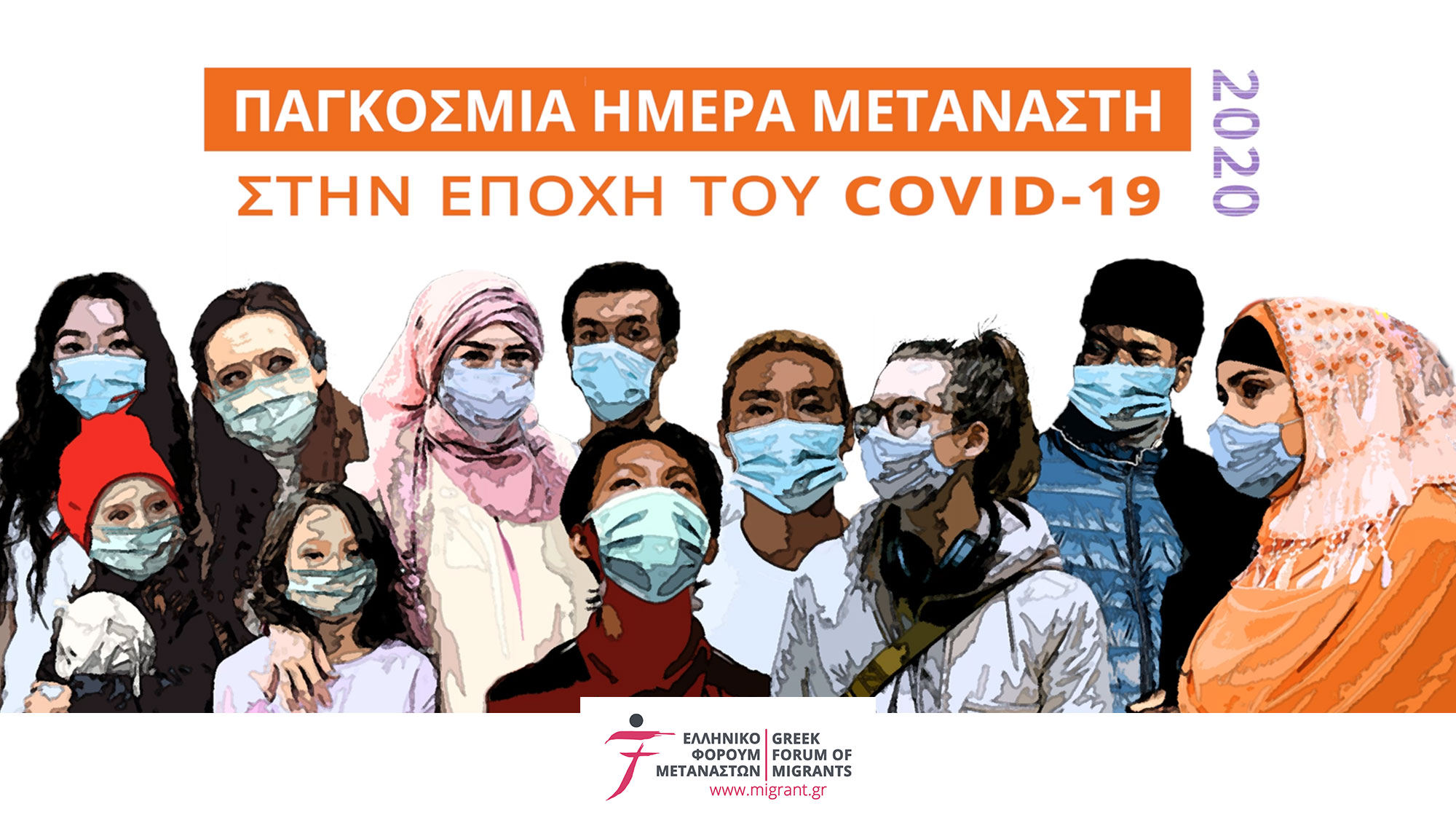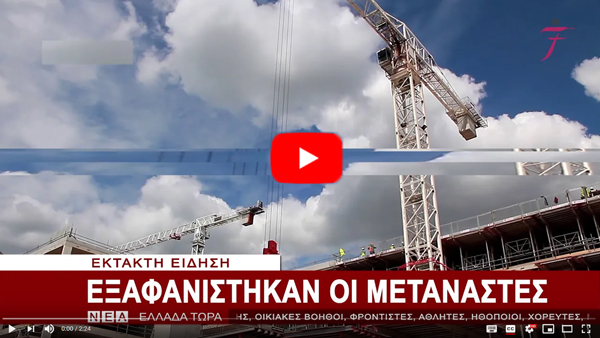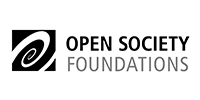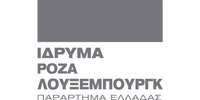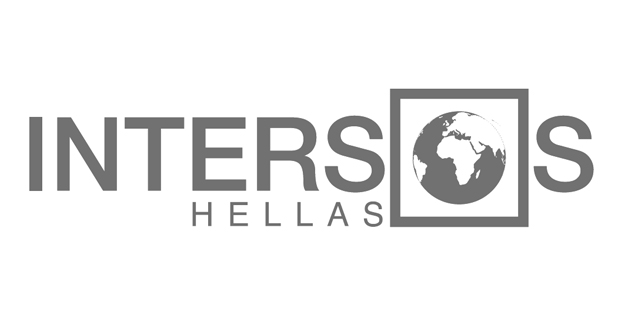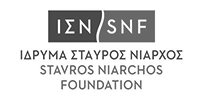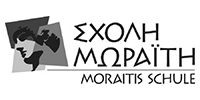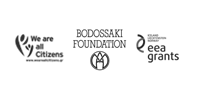In the era of Covid-19
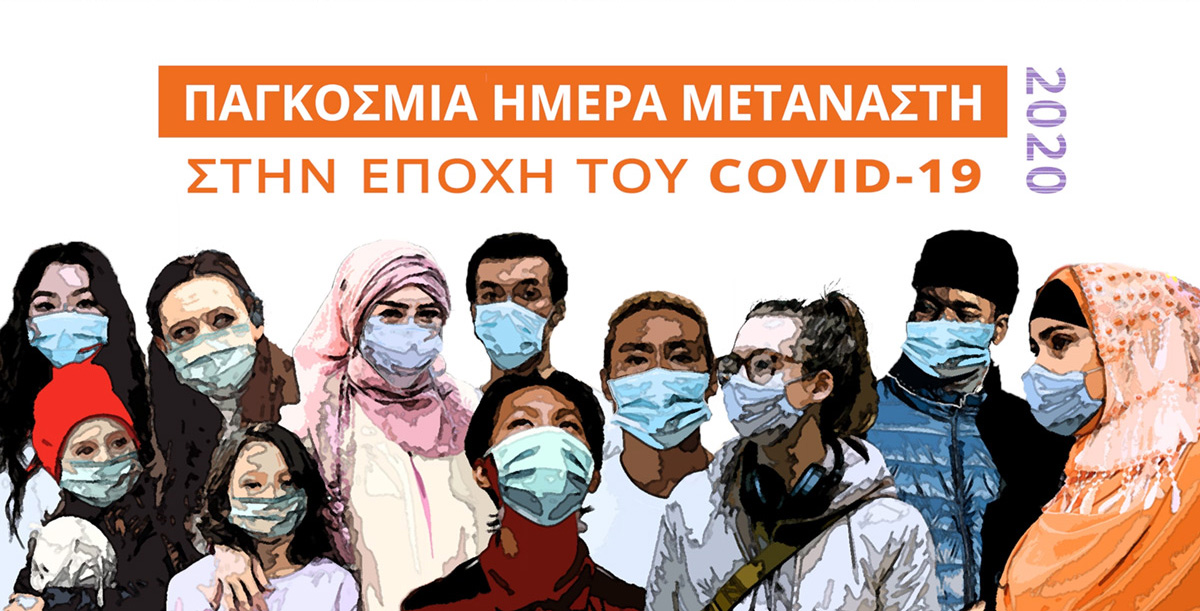
It ιs time to honor another International Migrants Day on December 18, 2020. But this year under difficult conditions of the coronavirus pandemic:
This year the Geek Forum of Migrants dedicates the International Migrants Day at the difficult year of 2020, focused on the urgent problems that the pandemic of covid-19 created. Nevertheless, we still have to claim the same things as we did 20 years ago.
Watch the video dedicated to the International Migrants Day 2020 - In the era of covid-19, by clicking here:
Read below the Press Release that follows the video:
PRESS RELEASE
International Migrants Day
18 December 2020
In the era of Covid-19
More than half a million* people, we the migrants live in Greece for 30-40 years now. We work, pay taxes, municipal fees, insurance contributions, fees for our residence permits, but still for the Greek state we are as invisible. We start a family, raise our children, create businesses, culture, communities, we hire employees, consume, collaborate, care, build, we actively participate in society, but remain invisible to the Greek state.
Even today, migrants are not equal to the Greek citizens. Migrants do not have equal rights in health, work, education, culture, life or even death. All these people are treated as if they are living temporarily in Greece. Greek governments propose temporary residence and they are rejecting the essential integration - inclusion of migrant men and women in the greek society. The philosophy in which all the legal regulations for Greek Migration Policy are structured, want the migrant to be temporary, invisible, out of the system, without social inclusion, with residence permits that must be renewed every 2, 3 or 5 years, depending on the government elected each time.
It is no coincidence that today, International Migrants Day 2020, our demands remain the same as 20 years ago, when the Greek Forum of Migrants was founded. Since 1990, we have been expecting a substantial migration policy** with a view to social inclusion, without discrimination, with equality and equity. Until when? Social inclusion is the only way to achieve social cohesion.
We, migrants, have been fighting for our rights for so many years now. In the coronavirus era we struggle to stay ALIVE. Undoubtedly, every person in the country is called to cope with this difficult and unprecedented condition, that of the pandemic. But if you are a migrant, first or second generation, then the conditions are not only difficult, but they also seem hopelessly a dead end.
Below we list some of the most important problems that a migrant in Greece has to face in the era of covid-19. As you can notice, migrants are just as likely to either suddenly lose their residence permit, stay out of the system, out of education, out of work, out of healthcare and out of society. More specifically:
-
Residence Permits:
The migration and asylum services, like most public services, are not open to the public due to the coronavirus restriction measures. So those who had to renew their residence permit from March onwards, had to do it electronically. The migrants were informed about this process with over 15 different consecutive announcements *** in Greek, within a period of three months. Announcements concerning changes in the operation of the services responsible for migration and asylum, and extensions of residence permits that have expired or are currently expiring. As a result, people who have lived in the country for years, either due to misunderstanding or delay, run the risk of becoming “without papers”.
At the same time, employees of public services (Tax Office, Unemployment office-OAED, etc.), municipal as well as private (eg Banks), do not accept and do not recognize the extension of residence permits issued by the competent Ministries during a pandemic, even until today. As a result, the legal rights of migrants are not recognized, and their daily life becomes more difficult.
Also, as unemployment rates rise exponentially - all those who lose or will lose their jobs may not be able to renew their residence permits or apply for long-term residency, as their stamps and income levels are inextricably linked with the residence permit!
-
Education:
There are many complaints from our migrant communities but also from Greek parents, for families and children who do not have the opportunity to participate in e-learning, either because they do not have the means (computer, tablet) or do not have internet connection or because parents have not been properly informed, especially newcomers who do not yet know the Greek language. -
Changes in income - unemployment:
Decreased incomes, non-payment of stamps or payroll are very familiar to the migrant population. In the midst of a pandemic, however, this became even more pronounced, as a result a large part of the people who work in the country work under “slavery like” conditions. Unfortunately, there is also something possibly worse than the above. During both the first and second lockdown, migrants working in "black" undeclared work were left without a job overnight, as they could not get a document for free movement from their employer, and of course were not entitled to a work suspension allowance. -
Homelessness:
Many migrants who became unemployed in the midst of a pandemic, migrants without papers, asylum seekers, and even recognized refugees are unable to find accommodation either because they cannot afford it or because they do not find owners willing to rent their homes to foreigners. Thus, they are forced to live in squares and parks, in the midst of a pandemic. -
Food and meals distribution:
From the first lockdown in Athens, in March 2020, about 1,500 people were in need of weekly supply of food, according to census data from just 15 out of the 42 migrant communities - our members - that were active during the lockdown. -
Refugees:
The whole asylum application process requires the presence of the asylum seeker himself/ herself. However, there is insufficient information on asylum procedures and delays in appointments due to the pandemic are dramatic, with the result that people are left without papers and can not continue their lives. In the worst case scenario, they are arrested by the Greek police and taken to prison or to closed detention centers (eg Amygdaleza). In addition, refugee accommodation facilities on both the islands and the hinterland remained closed with a curfew, while the ban was lifted for other citizens.
-
Women migrants:
We believe that the most vulnerable group are currently the women migrants. There are many reports of domestic violence, where women - in addition to the violence they experience, are threatened by their husbands (Greeks or foreigners) for deportation and custody of their children, if they leave home or divorce them. We also have reports of domestic helpers in homes where their work is not declared, so they are not allowed to leave the house where they work
-
Administrative detention:
If for any reason the migrant is found without papers, in an irregular status, he or she can be administratively detained for a period of up to 18 months. In Greece at the moment (April 2020) more than 6,000 foreigners are in administrative detention. A recent example is an elderly, blind man - diabetic, who has lived in the country for over 40 years, with children who have obtained Greek citizenship, who was detained at a police station - because he did not have legal documents - for more than a week, without even the ability to take his medication. -
Shut down of migrant community centers:
Migrant and refugee communities are recognized associations and their main source of income is from their members, and from events or other activities that have been banned due to the pandemic. Which forces them to face the huge problem of survival. Several communities during the pandemic were forced to lock up temporarily as they could not afford the expenses. -
Racism and Intolerance: The virus may not discriminate, but discrimination continues during the pandemic. There are complaints that have already been recorded by the Racist Violence Recording Network for the creation of a racial profile in the checks by the municipal and Greek police, which shows the fact that migrants are stopped much more often for screening. Employers also require migrant workers to take covid tests at their own expense, while hospitals do not accept to serve migrants in outpatient clinics unless they have first taken covid tests. In addition, newspapers and news outlets in the media report without evidence or scientific evidence that the majority of positive coronavirus carriers are mostly migrants, which creates a negative climate by increasing xenophobia and racist behavior.
We humans are all threatened by the coronavirus. But issues like the ones above are just as threatening to any human life. The crisis of the covid-19 pandemic, led us to change our priorities, as it created new problems, making our daily life unbearable in some cases. Problems that can be addressed if the Greek state finally chooses the path of a substantial migration policy aimed at social integration, equality and equal rights among citizens.
* According to the latest statistics, November 2020 of the Ministry of Migration and Asylum the valid residence permits are 513,035
** Integration for us means access to the basic institutions of society, it means the right to dignity, equity and equality of all citizens of a democratic society. Integration means participation and rights in the labor market, in health, in education, in culture, in religious rights, in the political system, in the community. Integration, that is, of a structural form with strong social participation and joint action.
*** Urgent announcements on the operation of migration and asylum services.
-
31/03/2020 Changes to asylum services and residence permits.
-
02/04/2020 Access to health insurance services.
-
09/04/2020 Suspension of services, New Ministerial Decisions
-
16/04/2020 New Ministerial Decisions
-
05/05/2020 New suspension for residence permits
-
08/05/2020 New suspension for residence permits
-
18/05/2020 New announcements for the operation of the Migration Services
-
26 May · Appointment to receive a residence permit
-
12 June · Asylum Service
-
19 June · Launch of a residence permit service platform
-
14 July · Licenses expiring from 1/7 to 19/7
-
21 July · Eight-month extension
-
31 July · Joint announcement for electronic appointment
-
18 August Extension of Albanian passports
-
7 October SEMP meeting in the presence of the Mayor of Athens
-
21 October Announcement from Decentralized Administration for residence permits
-
27/10/2020 SEMP Announcements
-
02/11/2020 Announcement from Decentralized Services of Attica
-
5/11/2020 Announcement clarifying circular on the problems created by the extension of residence permits
